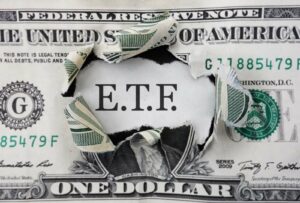
Photo: Carolmooredc http://carolmoore.net/photos/
We have found an unsurprising but disappointing trend; third-party candidates almost never file their required financial disclosures. For example, out of 19 Libertarian Candidates running for Senate this year, only one, Rick Stewart, has filed the required candidate disclosure. Similarly, out of 117 Libertarian candidates for the House of Representatives, 108 have failed to file. Out of 17 Green Party candidates for the House, 15 have failed to file, and neither of the 2 Green Senate candidates has filed. That’s 8% of the 155 Green or Libertarian Congressional candidates. Though rarely enforced, Ethics In Government Act (EIGA) does require all candidates for federal office to file financial disclosures, and failure can result in a civil penalty of up to $60,517, a criminal penalty up to one year in prison, a fine of up to $250,000, and imprisonment for up to five years.
So, why should fringe candidates with low odds of winning elections bother to file? Aside from the moral case that those who aspire to be lawmakers should follow the law, practically speaking, the basic ability to file notices and run a functional office is a crucial trait for legislators. It seems that third-party candidates should be eager to take a low-cost step toward legitimacy for both themselves and their movement, if they want to be taken seriously. Libertarians, in particular, should be ideologically opposed to conflicts of interest and corruption in government and eager to demonstrate the absence thereof in their candidates.
Personally, I know firsthand that political advocacy organizations see well-maintained campaign disclosures as a sign of seriousness. For example, People for The American Way, a progressive group that I worked for, would endorse a candidate without hope or prayer for victory as long as their policies aligned with the organization and the candidate was serious about disclosure and procedure. Of course, we at FinePrint understand that while the process of submitting financial disclosures is arcane and irritating, so is governance.





